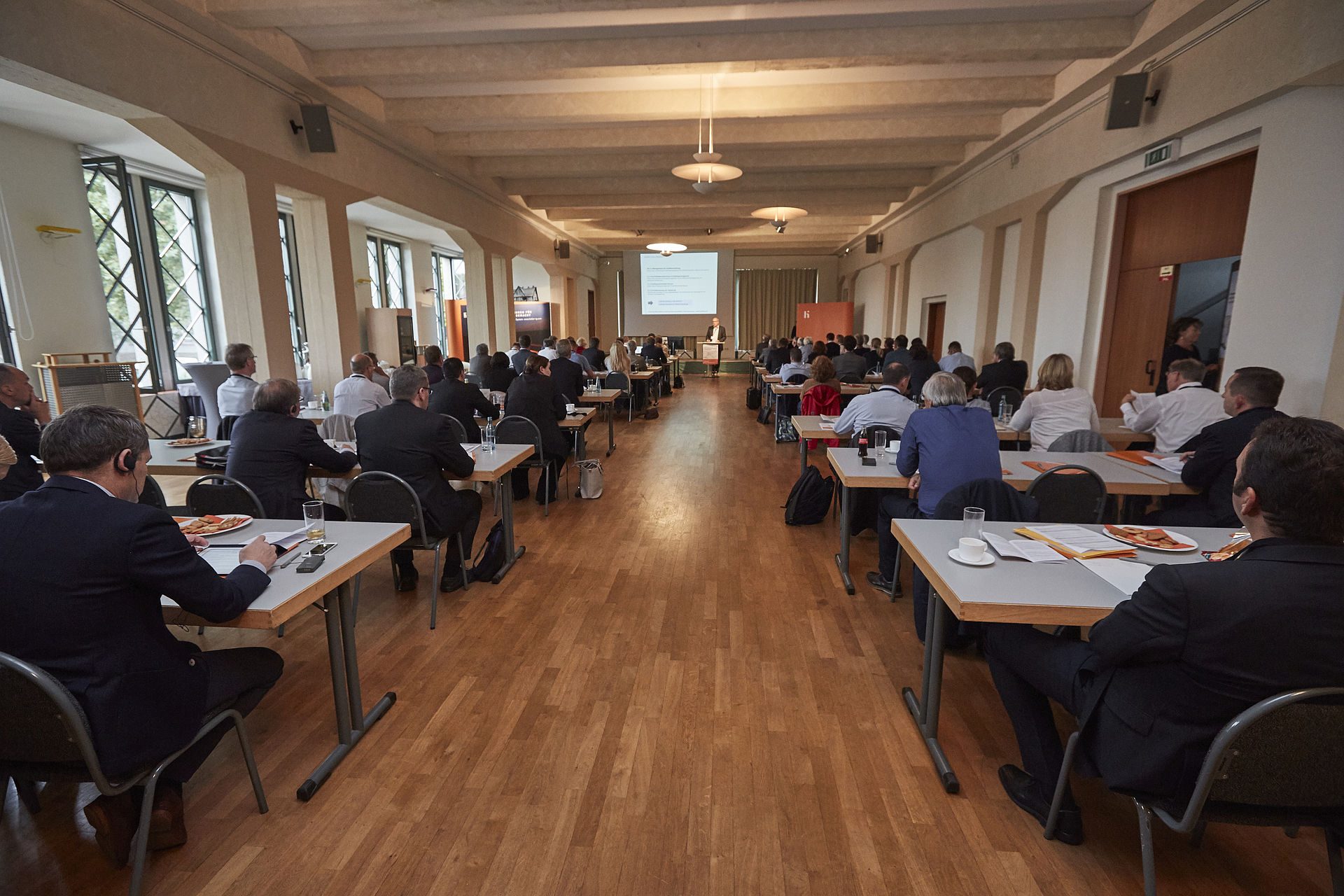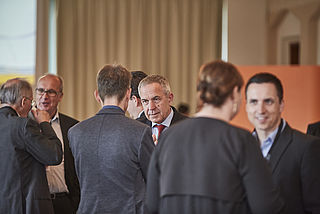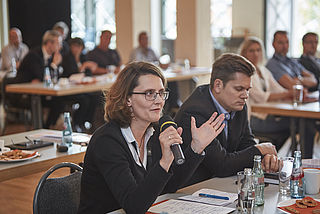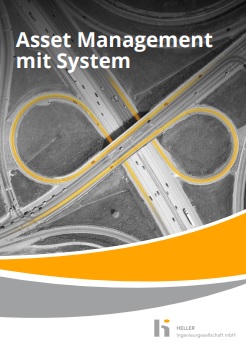ZEB and maintenance management on state roads: Exchange of experience in Darmstadt exceeds expectations

HELLER was again able to win renowned representatives from the ministries, state authorities and administrative districts as well as from abroad for interesting expert contributions. Dr. Dirk Jansen (Federal Highway Research Institute) was the first speaker on Monday. With his remarks on the different possibilities and limits for assessing the substance of roads, he showed solution-oriented approaches for future maintenance planning. The first part of the two-day event focused on a needs-oriented maintenance management: Prof. Dr. Markus Stöckner (Research Society for Roads and Transport / Prorector at the Karlsruhe University of Applied Sciences) reported on the current developments and future orientation of maintenance management at the Research Society. Dr. Berndt Pfeifle (State Office for Road Technology in Baden-Württemberg) presented the further development of the procedure for planning the maintenance of federal and state roads, with which the maintenance sections can be determined much more precisely. Henning Balck (HELLER) used examples of the ZEB of 2010 and 2015 conducted in Lower Saxony to illustrate the analysis and assessment of the condition development.
After a short break, which the participants used for further discussions, Dr. Ulrike Stöckert (Federal Highways Research Institute) reported on the German-Dutch cooperation on the side force measuring method (SKM). It is used for the quality assurance during the construction of new roads and to evaluate safety-relevant parameters for skid resistance during the service life of a road. The cooperation between two nations shows that synergies can also be used in maintenance management. Waldemar Krolikowski (Director of the Road Administration in Ermland-Masuria, Poland) also gave an insight into international projects. His presentation on the local management of road infrastructure was translated into German by Dr. Slawomir Heller. This series of lectures was completed by Marek Skakuj (HELLER) who presented examples from selected international projects on ZEB and maintenance management.
After these practical reports, the theory behind it was discussed: Prof. Hartmut J. Beckedahl (University of Wuppertal) and Christian Komma (HELLER) together presented the expert system for maintenance planning based on a neural network. Alexander Buttgereit (City of Münster) concluded the first day of the event with a report on infrastructure management in road maintenance and on the importance of strategic indicators in this context. Each topic was topped off with an open round of discussion that led to lively exchanges of opinions between the attending experts.
Maintenance management continued to be the central topic on the following day and was supplemented by the presentation of innovative methods and the results of current research projects which shall improve the use of data in the future and lead to more efficient solutions.
Slawomir Heller began the second day of the event with modern Asset Management and explained how PIARC, the World Road Association, picks up and promotes Asset Management. Zbigniew Tabor (Director of the Silesian Road Administration in Poland) spoke about the improved use of ZEB data in maintenance planning in Silesia. Henning Balck presented the current state of research in the project on the new evaluation of through roads. Dr. Daniel Gogolin (PTM Dortmund GmbH) outlined innovative ways to evaluate the substance for the Landesbetrieb Straßen NRW. The Lower Saxony Ministry of Economics, Labour and Transport focused not only on state roads but also on cycle paths: Ralf Köster talked about key figures for the maintenance of both types of infrastructure. An interesting approach for planning and controlling came from Birgit Kressirer (Bavarian State Ministry of the Interior for Construction and Transport). She gave a lecture on maintenance management with aspects of controlling in the State of Bavaria. Afterwards, software solutions which have had a positive influence on maintenance management in recent years were presented in two presentations: Firstly, Dr. Marion Mayer-Kreitz (State Office for Road Technology in Baden-Württemberg) presented VERA, a software developed by HELLER, with which current traffic data can be efficiently mapped as part of a traffic monitoring system for the management of road infrastructure. Secondly, Gregor Karzelek (HELLER) presented OnKo3, the latest version of the user program for data visualization on the internet, which is currently being developed and will soon be available. Finally, theory and practice were combined again: Christian Komma reported on a project for ASFINAG, in which HELLER has created road profiles for the corridor planning. After summarizing all contributions, Dr. Slawomir Heller and Henning Balck drew a positive conclusion from the 9th exchange of experience in Darmstadt.
The HELLER Ingenieurgesellschaft mbH would like to thank all speakers for their excellent contributions and all participants for the interesting discussions, that made this year's exchange of experience a complete success.








